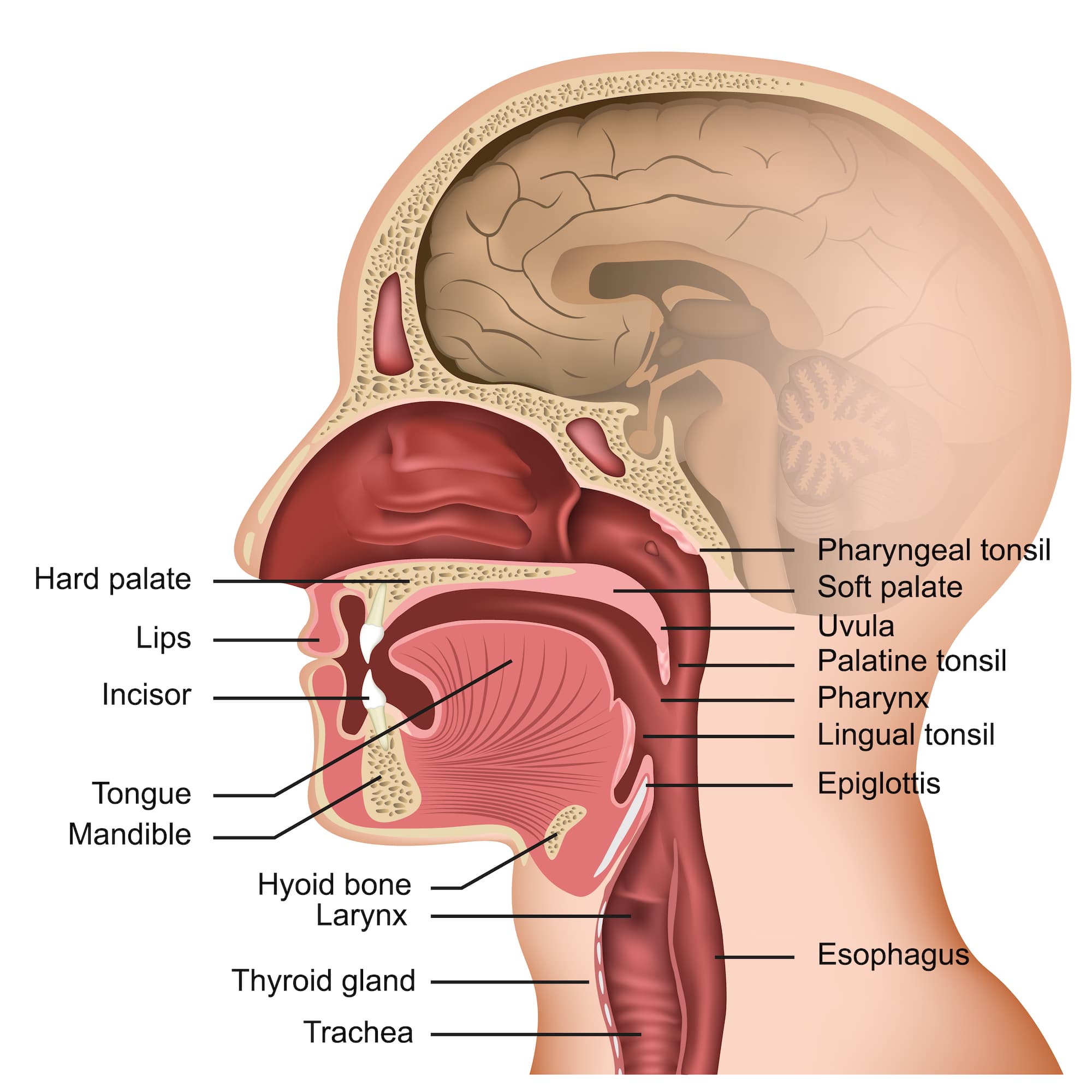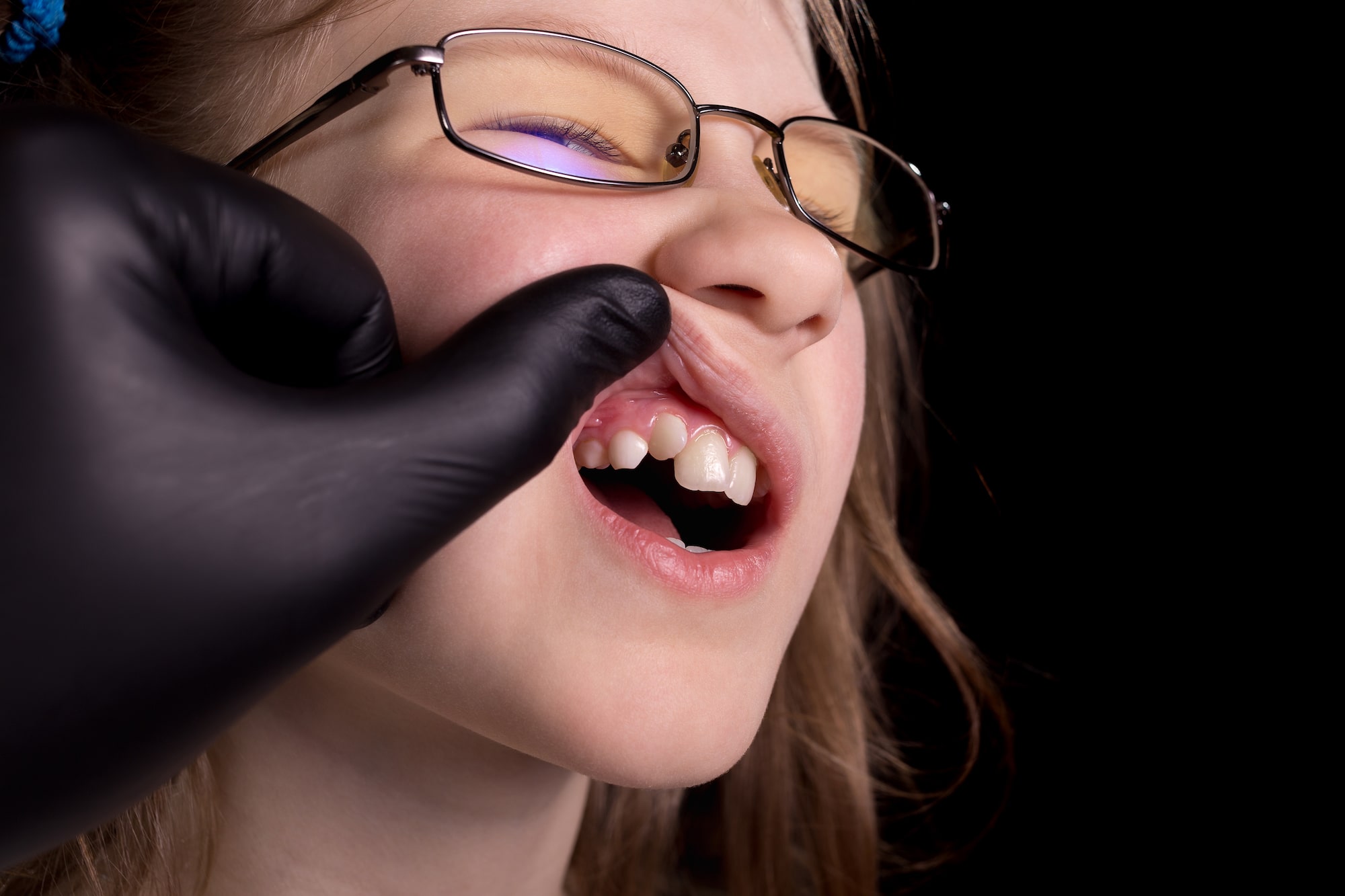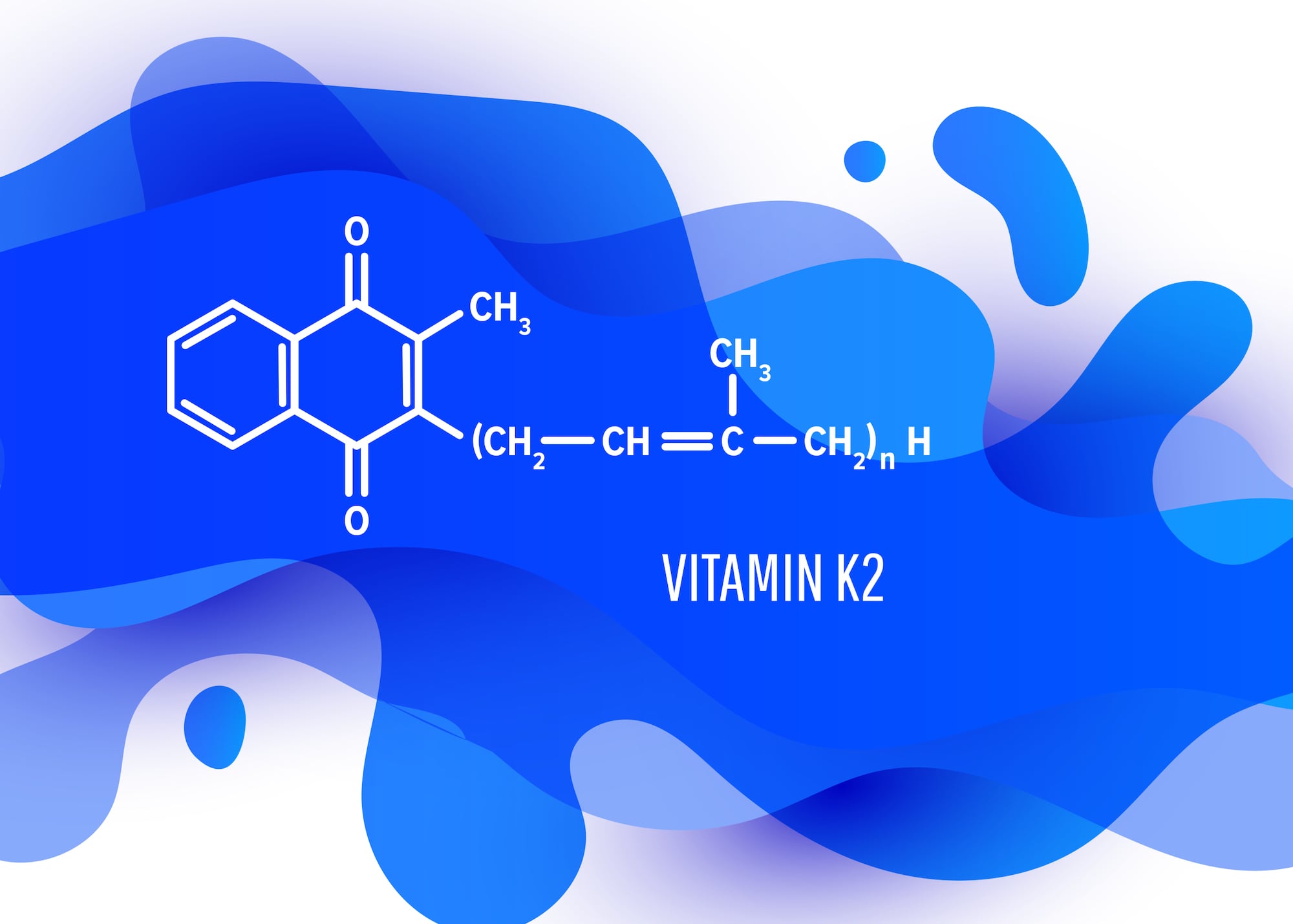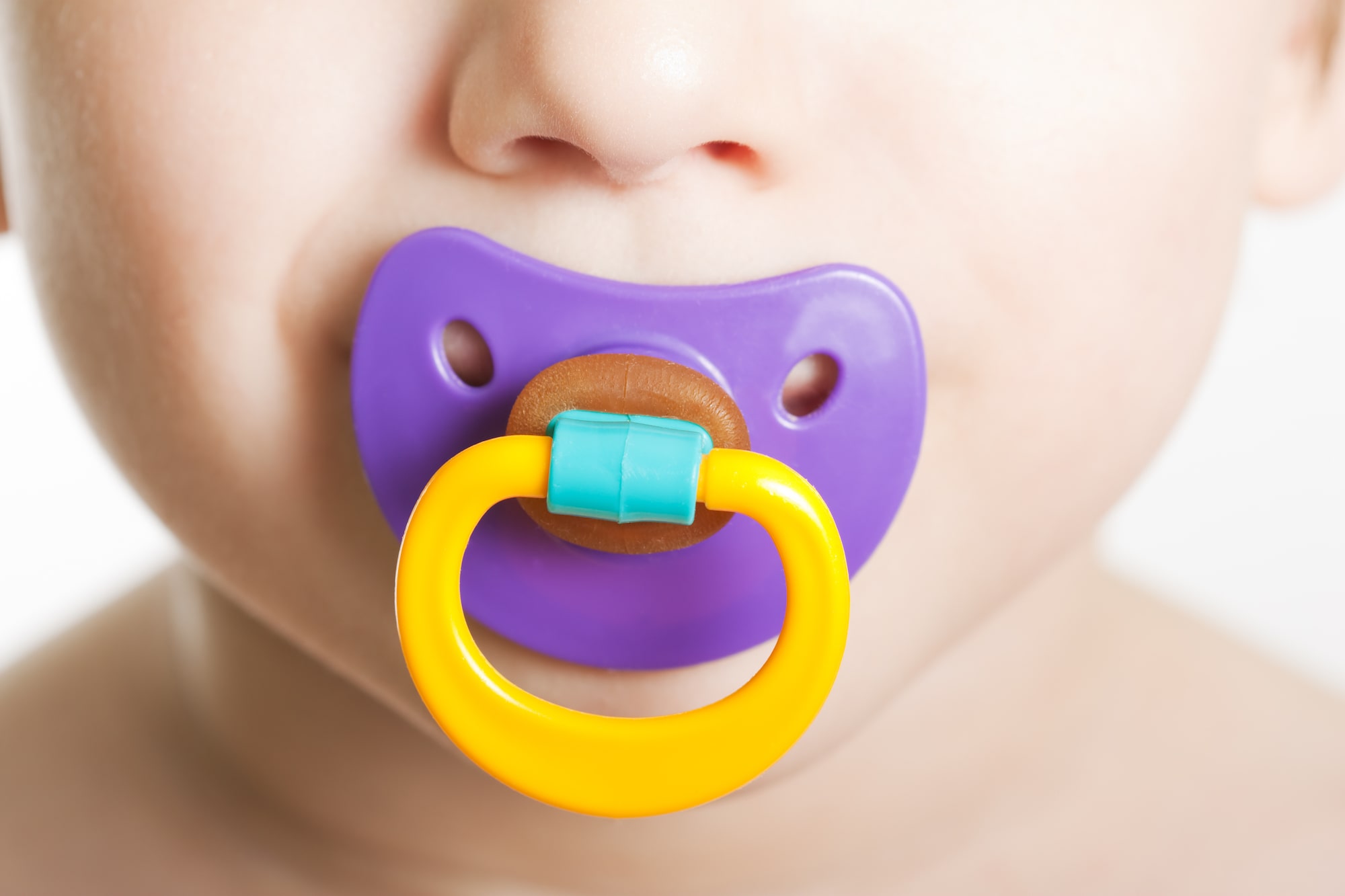What Parents Eat Affects How Their Child's Face Grows
The idea that "you are what you eat" is universally understood. It underscores the fundamental truth
that our diet directly influences our health — for better or worse. However, what isn't universally known is that children's
health is shaped by the dietary choices of their parents before they are even born.
This is the reality uncovered by epigenetics — which is the study of how environmental factors (including
nutrition) can modify gene expression without altering the DNA sequence itself. Researchers
in this field have shown that a parent's diet, both before and during pregnancy, can impact their child's oral health,
facial structure, and overall development.
Epigenetics: The Link Between Parental Diet and Child Development
Epigenetics refers to changes in gene expression that do not involve alterations to the genetic code itself.
Instead, these changes are influenced by external factors — most notably, nutrition. A
well-known example of this is the Dutch Hunger Winter of 1944–45, where maternal (the mother's) malnutrition led
to epigenetic changes in offspring that increased their risk of obesity, diabetes, and
cardiovascular disease later in life.
Epigenetics is also exemplified by the renowned Pottenger's Cats study, which observed that as animals (in this case, cats) deviated from their ancestral diet, their health declined progressively across generations, ultimately leading to extinction by the fourth generation.
Nutrition and Its Impact on Facial Development
But beyond the influence on systemic health outcomes, the prenatal period is a critical window for foetal development, including the formation
of the jaw, teeth,
and airway. Studies suggest that deficiencies in key nutrients (brought on by improper diet) during
pregnancy
can influence the skeletal structure of the developing child.
This leads to issues like underdeveloped maxillary arches (narrow upper jaws), recessed chins, and airway constriction — all of which can compromise tongue posture, which is the primary catalyst for malocclusion and poor facial form in children. Not only can it result in orthodontic complications, but it can also contribute to sleep apnea and breathing disorders later in life.

What is Proper Tongue Posture, and Why is it so Important?
The tongue is the strongest muscle in the mouth, and its position dictates how the face forms. How the face forms dictates how the teeth sit within the face...

What Causes Crooked Teeth and Improper Facial Development?
Crooked teeth are caused by improper tongue posture, which is symptomatic of systemic health challenges like blocked airways and nutrient deficiencies...
Nutrition and Its Impact on Tooth Decay and Gum Health
Further to craniofacial developmental issues, a study published in The Journal of Craniofacial Surgery
found that maternal vitamin D deficiency during pregnancy was associated with an increased risk of enamel hypoplasia
in offspring. This condition weakens tooth enamel and predisposes children to tooth decay.
Epigenetic mechanisms also govern the way a child's body responds to stress, which can have further implications for oral health. Chronic stress has been linked to higher cortisol levels, which, in turn, can influence inflammatory pathways and contribute to periodontal (gum) disease. A study published in Nature Neuroscience found that early-life stress can alter DNA methylation patterns, potentially affecting long-term health outcomes, including susceptibility to tooth decay and gum disease.
The Role of Paternal Nutrition: How it Impacts the Child's Health
While maternal (the mother's) nutrition is often emphasised as a critical component of a child's development and
health, paternal (the father's) diet also plays a crucial role. Sperm carries epigenetic markers
that can be influenced by a father's nutritional status, affecting everything from immune function to metabolic
health.
Research has shown that men with poor diets — high in processed foods and low in essential micronutrients — can pass down epigenetic modifications that may contribute to weaker jaw structures and higher susceptibility to dental decay in their children. A study in The FASEB Journal also found that fathers who consumed diets deficient in folate (vitamin B9) prior to conception were more likely to have offspring with craniofacial abnormalities, emphasising the role of paternal health in early development.
Conclusion: Shaping the Future with Nutrition
This shows that the choices parents make before and during pregnancy — and even after birth — have profound
implications for their child's oral health and craniofacial development. Crooked teeth, jaw and airway issues can
essentially be inherited from parents, even if they themselves do not suffer from such issues. It shows that
nutrition is not just about individual well-being; it can be passed down through epigenetic programming.
Understanding this connection empowers us to move beyond simply treating dental issues as they arise. Instead, we
can focus on prevention — laying the foundation for a lifetime of optimal health. Parents can help ensure their
children develop strong, well-formed facial structures and resilient teeth by
prioritising a diet rich in fat-soluble vitamins, minerals, and whole foods.

Dietary Vitamin K2 and its Benefits for Teeth
Fat soluble vitamins, and vitamin K2 in particular, are the most important vitamins for oral health. Here's why…

How Breastfeeding Helps Create Straight Teeth
The benefits of breastfeeding go beyond the nutritional value of the milk - playing a critical role in jaw development...
